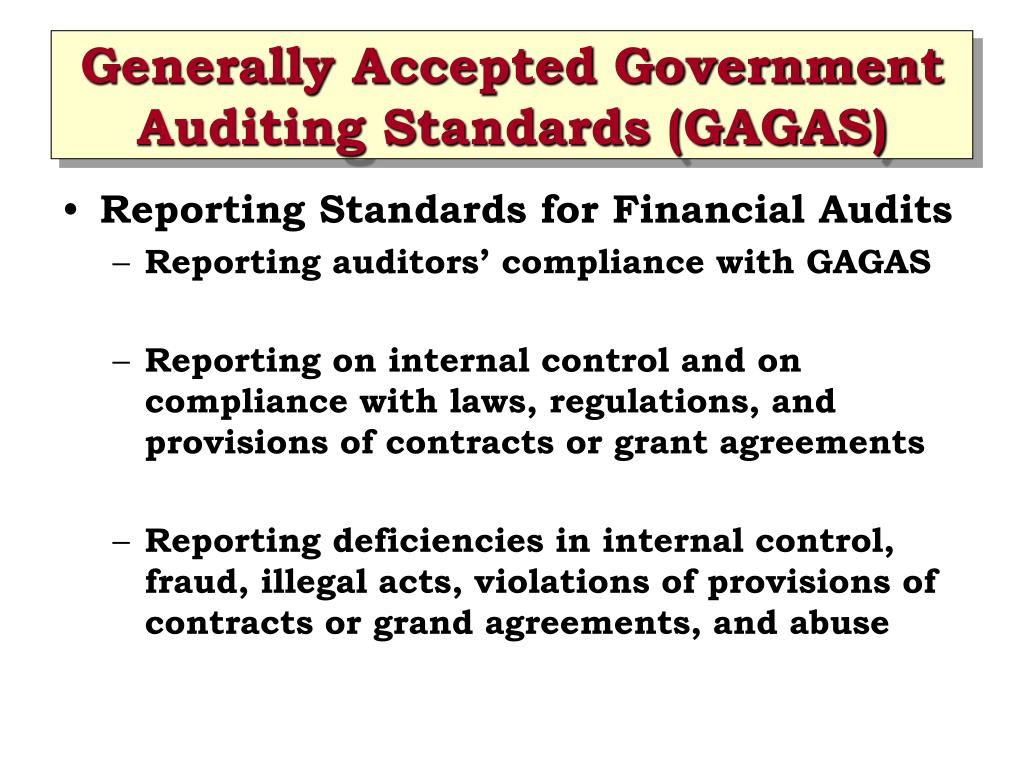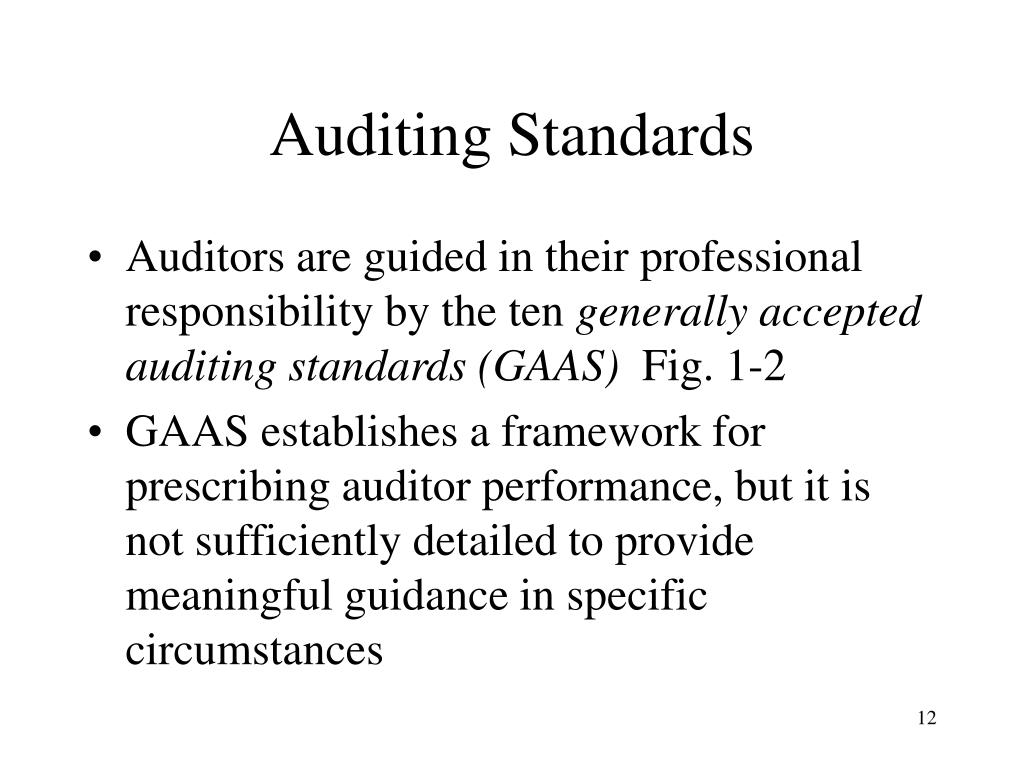
Investors increasingly make their investment decisions in a global context of comparing investments in companies located in many countries that use different accounting, auditing, and other business practices. She called for renewed emphasis on global accounting standards that would best serve investors through collaboration between FASB and IASB. GAAP and IFRS in February 2013-including revenue recognition, leases, and credit losses on financial instruments-former SEC Chair Mary Jo White said in January 2017 just prior to her departure that collaboration between the two boards should continue. GAAP and the IFRS accounting systems, as the highest authority, the IASB is becoming more important in the United States.Īlthough convergence efforts have stalled since FASB and IASB completed projects that better align accounting rules in U.S. ( See International Financial Reporting Standards (IFRS).) The SEC expressed at that time its desire to fully adopt IFRS in the U.S. FASB and IASB ConvergenceĪs of 2010, the convergence was underway with the FASB meeting routinely with the International Accounting Standards Board (IASB), which administers IFRS. In 2008, the Securities and Exchange Commission issued a preliminary "roadmap" that may lead the United States to abandon GAAP in the future, and to join more than 100 countries around the world in using the London-based International Financial Reporting Standards (IFRS). Each country's own version of the FASB, such as the Canadian Institute of Chartered Accountants (CICA), creates these rules. Other countries have their own GAAP rules, which differ from those in the United States. The Government Accounting Standards Board (GASB) manages those standards. Government entities, on the other hand, are influenced by a set of standards that are slightly different from GAAP. The FASB Advisory Council (FASAC) advises the FASB on all matters that may influence GAAP rules. Instead, the Financial Accounting Standards Board (FASB) actively influences any changes in financial reporting standards used at the corporate level. Despite the mandate, the SEC is not responsible for the standards associated with GAAP. The use of GAAP is not mandatory for all businesses, but SEC requires publicly traded and regulated companies to follow GAAP for the purpose of financial reporting.Ĭompanies that issue stock are held to this standard by SEC, which requires yearly external audits by independent accountants, but companies without external investors are not obliged to follow this standard. While GAAP itself is not government-regulated, it exists because of the combined efforts of government and business.


But the latter differ considerably from GAAP and progress toward adoption or convergence has been slow.


The SEC has stated that it intends to move from GAAP to the International Financial Reporting Standards (IFRS).
#Define generally accepted auditing standards free#
Although its principles work to improve the transparency in financial statements, they do not provide any guarantee that a company's financial statements are free from errors or omissions that are intended to mislead investors. The purpose of GAAP is to ensure that financial reporting is transparent and consistent from one organization to another. Securities and Exchange Commission (SEC), include definitions of concepts and principles, as well as industry-specific rules. The specifications of GAAP, which is the standard adopted by the U.S. Generally Accepted Accounting Principles (GAAP or US GAAP) are a collection of commonly-followed accounting rules and standards for financial reporting.


 0 kommentar(er)
0 kommentar(er)
